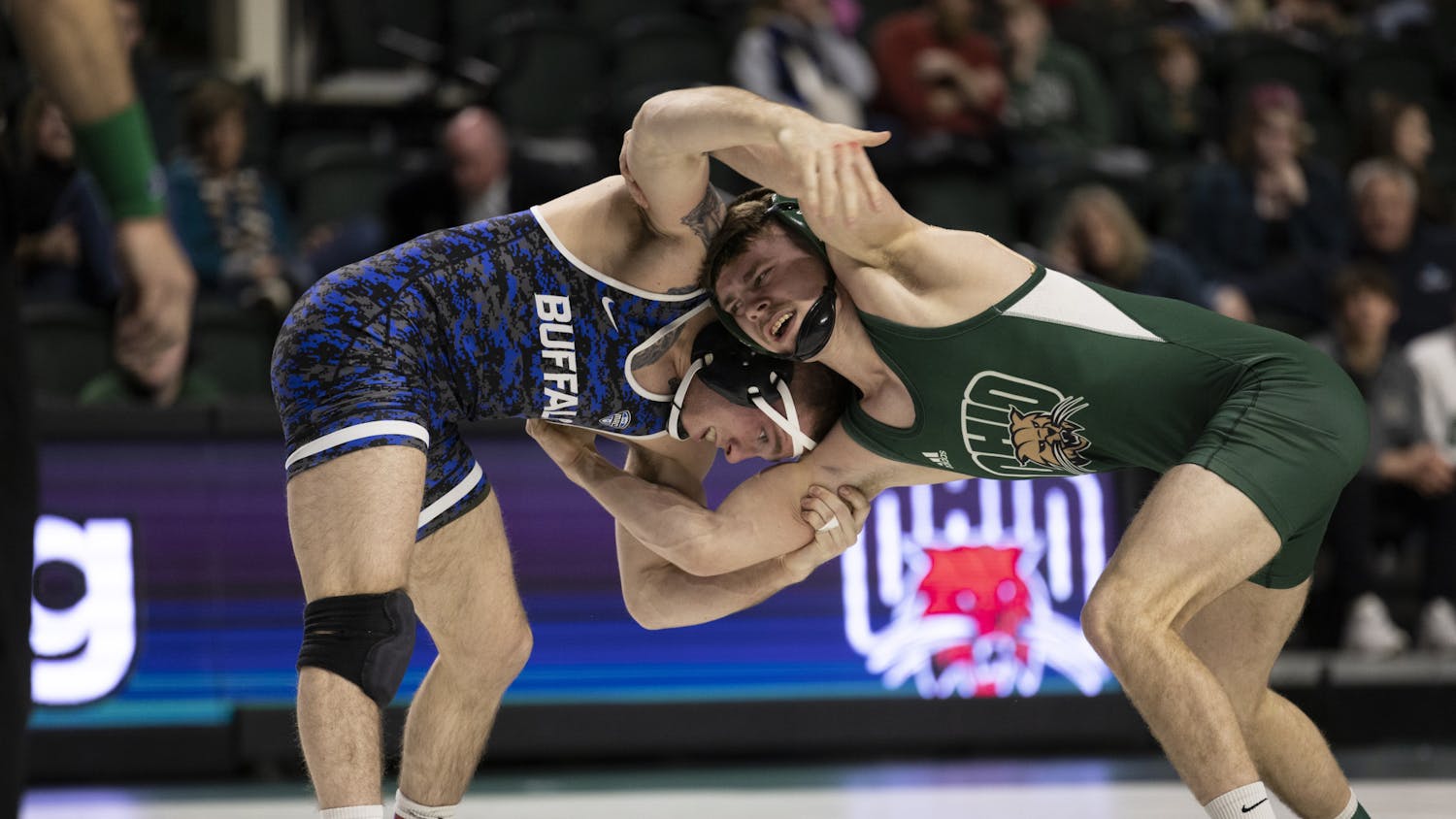Several states have moved to drop their presidential primaries next year, worried about costs in still-tight financial times and wondering if the political exercise would serve any purpose.
Some say they cannot afford the millions of dollars it costs to put on an election. Others say the decisions reflect the lopsided nature of modern primaries: The front-runner gets anointed by the media and campaign donors after the first few state primaries and the rest of the primaries are formalities.
The decisions add fuel to the argument that the primary system is in dire need of repairs. In most states forgoing a primary, party-run caucuses will be used instead to choose delegates to the national conventions.
Fewer voters will participate because (caucuses) are more complex
said Curtis Gans, director of the Committee for the Study of the American Electorate. State politicians are freezing out average voters, he said, because caucuses bring lower turnout and more advantage to whoever's organized.
Primaries usually do not get turnout much higher than 20 percent of registered voters, but they are better than caucuses. In Missouri, the 2000 primary brought 745,000 people to the polls, while the 1996 caucus brought 20,000, the state Democratic Party said.
So far, Kansas, Colorado and Utah - all with Republican-controlled legislatures - have canceled their state-run 2004 primaries. Republican legislatures tried unsuccessfully to drop primaries in Arizona and Missouri, but Democratic governors either vetoed the primary bill or restored the funding.
Some Democrats complain that cutting primaries hurts them especially, with their crowded field of candidates. President Bush has no challenger.
Other Democrats, however, are pushing to get rid of primaries. Maine dropped its presidential primary for next year, and New Mexico effectively did - it passed a law allowing parties to hold caucuses, and then Democratic Gov. Bill Richardson set an early Feb. 3 caucus (June primaries will go on for other elections).
Washington Gov. Gary Locke, head of the Democratic Governors Association, is calling a special session to discuss scrapping his state's primary next year.
Why waste $7 million of scarce state money? Locke said. Democrats in Washington state are using precinct caucuses in February to allocate national convention delegates, making the March 2 primary pointless.
Money worries have just exacerbated already existing doubts about the front-loaded nature of the primaries, officials and experts said.
It started to snowball said Leslie Reynolds, executive director of the National Association of Secretaries of State. We're spending all this money
we don't have an impact on the process
and people aren't coming because they don't feel they have an impact.
Clearly
the process is flawed
said Massachusetts Secretary of State William Galvin. The country is only now beginning to wake up to the fact that there's a primary. Active Democrats are only now focusing on it. Average voters aren't focused at all. And that's not good.
Gans said the changes are not all bad. A turn to caucuses strengthens person-to-person politics, rather than the TV-driven, mass advertising campaigns that mark big primary days like Super Tuesday, when 11 states vote at once.
Galvin, a Democrat, worries instead that the anti-primary push in GOP-controlled states is an effort to stop any criticism of Bush from within his party. They don't want a president on the ballot when people can come out and make a protest
he said.
But Christine Iverson, a spokeswoman at the Republican National Committee, said the decisions have been made by the states, not the national party, and for them cost is the main concern.
There's no reason to spend the money when it isn't necessary
she said.
17





